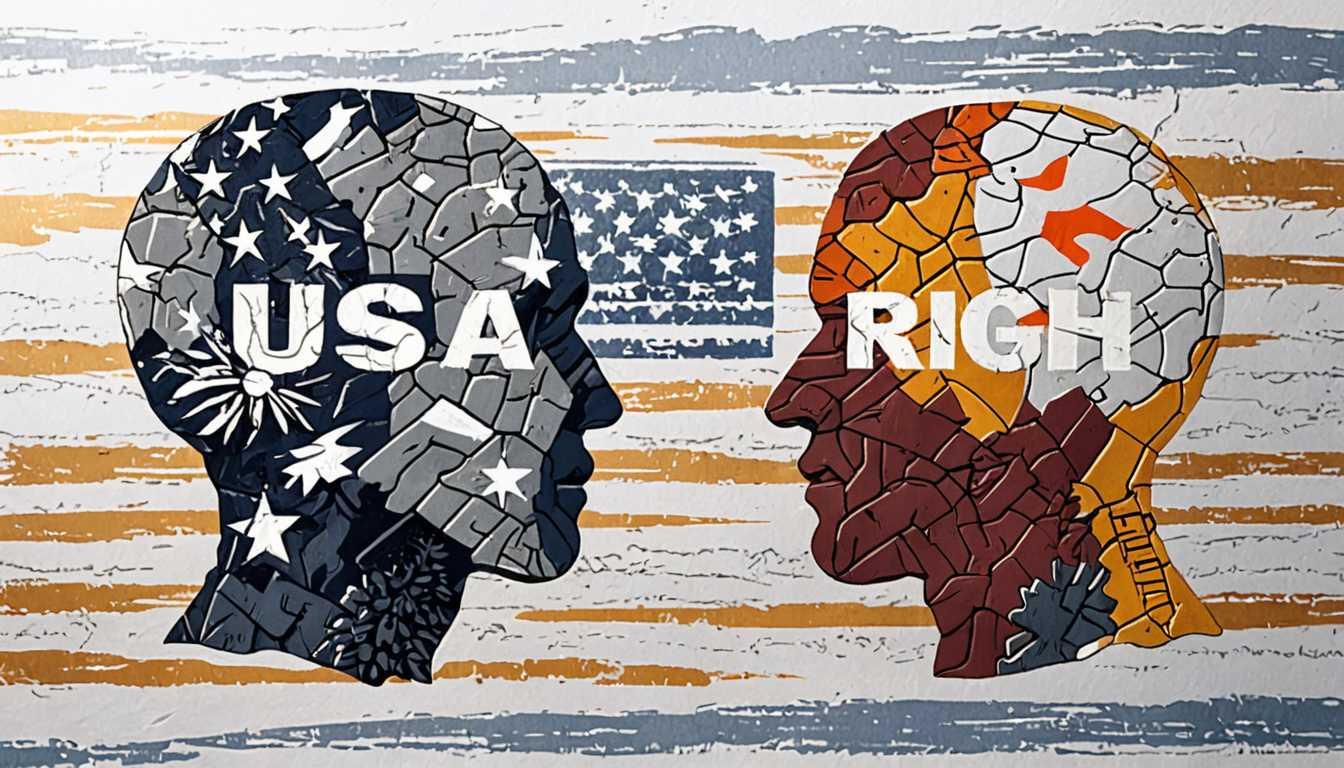AI: Changing Minds, Not Just Words
May 2023
Cornell University
Introduction
Dive into the fascinating world of AI and its unexpected side effects on our beliefs! Researchers from Cornell University discovered that AI writing assistants don't just help us with words; they're sneakily influencing our opinions too. Imagine typing away, only to realize your thoughts on social media are being nudged by your digital helper. This eye-opening study, highlighted at a prestigious conference, reveals how these smart tools might be reshaping our views without us even noticing. Ready to question your own opinions?
READ FULL ARTICLEWhy It Matters
Discover how this topic shapes your world and future
Navigating the New Normal with AI Companions
Imagine typing away on your computer, brainstorming for your next school essay on whether social media is beneficial for society. You're using an AI writing assistant to speed up the process, and before you know it, your essay sounds convincingly in favor of social media – but wait, is that really your opinion? Recent research has unveiled a fascinating and somewhat alarming aspect of AI writing tools: they don't just help us write; they might also be shaping our opinions. As these digital companions become more integrated into our daily lives, understanding their influence is crucial. This isn't just about getting homework done faster; it's about knowing how the tools we use can subtly guide our thoughts and beliefs. For you, the bright minds poised to inherit this tech-savvy world, grappling with these implications is more than academic curiosity; it's about steering the future of how we communicate, think, and even believe.
Speak like a Scholar
Artificial intelligence (AI)
A branch of computer science dedicated to creating systems that can perform tasks usually requiring human intelligence. Think of it as teaching computers to think like us.
Bias
A tendency to lean in a certain direction, often unfairly. In AI, bias can sneak in through the data it's trained on, leading it to favor one viewpoint over another.
Language models
These are AI algorithms trained on vast amounts of text, learning to predict the next word in a sentence. They're the brains behind your AI writing buddy.
Echo chambers
Situations where our beliefs are amplified by repeated exposure to opinions that mirror our own, often in closed-off social media circles.
Misinformation
False or inaccurate information spread, sometimes unintentionally, which can mislead readers.
Regulation
The act of setting rules and standards to govern how something operates. In the context of AI, it's about ensuring these technologies are used ethically and safely.
Independent Research Ideas
The psychology of persuasion in digital spaces
Dive into how digital environments, like social media and AI interfaces, are designed to influence our decisions and opinions. What makes us click, like, or agree? Investigating this could reveal much about human psychology and technology's role in shaping it.
AI and ethics - navigating the bias minefield
Explore the ethical challenges in developing and deploying AI systems. How do we ensure these digital minds are fair and unbiased? This topic sits at the crossroads of technology, ethics, and social justice.
The echo chamber effect and digital polarization
Examine how online platforms can create echo chambers that reinforce our beliefs, potentially leading to polarization. This study could blend sociology, psychology, and information technology.
Misinformation in the age of AI
Investigate how AI tools might contribute to the spread of misinformation. What responsibilities do developers and users have in combating this? A timely and critical inquiry into information science and ethics.
Regulating AI - a global challenge
Consider the implications of AI on global politics and culture. How can nations come together to regulate technology that knows no borders? This topic invites a deep dive into international law, technology policy, and diplomacy.
Related Articles

AI: The Future of Persuasion?
February 2023
Stanford University

AI: Learning from Past Tech Fails
May 2023
JSTOR Daily

YouTube: Your Choices, Not Codes
February 2024
University of Pennsylvania

Sharing or Truth? A Social Media Quandary
March 2023
Massachusetts Institute of Technology (MIT)

Brains, Bias, and Politics Unveiled
May 2021
Brown University